10 Most Powerful Presidents In Africa 2022
In Africa, as in any other region around the world, some leaders hold more power than others. Most Powerful Presidents In Africa 2022
Some African Presidents have been able to build a loyal base of supporters both in their home country and across the entire continent of Africa.
That’s not to mention international support from powerful countries like China, France, and the United States.
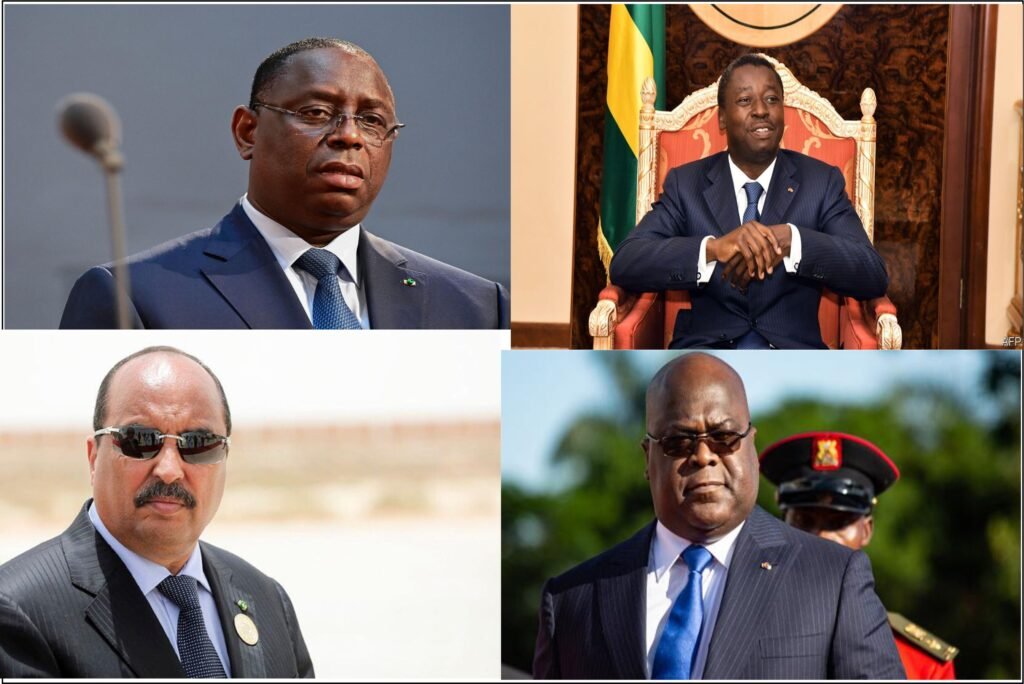
This list is based on the most recent updates from World Atlas, so it figures that some things could change by 2022.
Here are my best guesses at who will be the most powerful president in Africa in 2022:
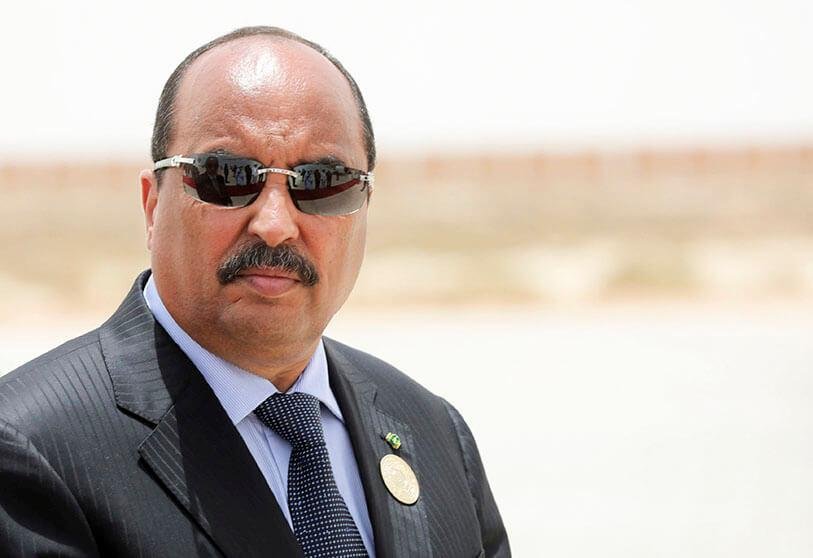
Mohamed Ould Abdel Aziz (Mauritania)
Mohamed Ould Abdel Aziz is the President of Mauritania.
He started his career as a military officer and was appointed as head of state on 1 August 2008 following what he has called a coup d’état by senior officers against President Sidi Ould Cheikh Abdallahi.
His presidency has been marked by several major events, including the 2010–11 Mauritanian protests, and a 2012 military coup attempt that resulted in the death of three soldiers, two members of parliament, and one presidential advisor.
He was re-elected to serve another term in office on 20 December 2014, following that election’s first round which took place on 11 December 2014.
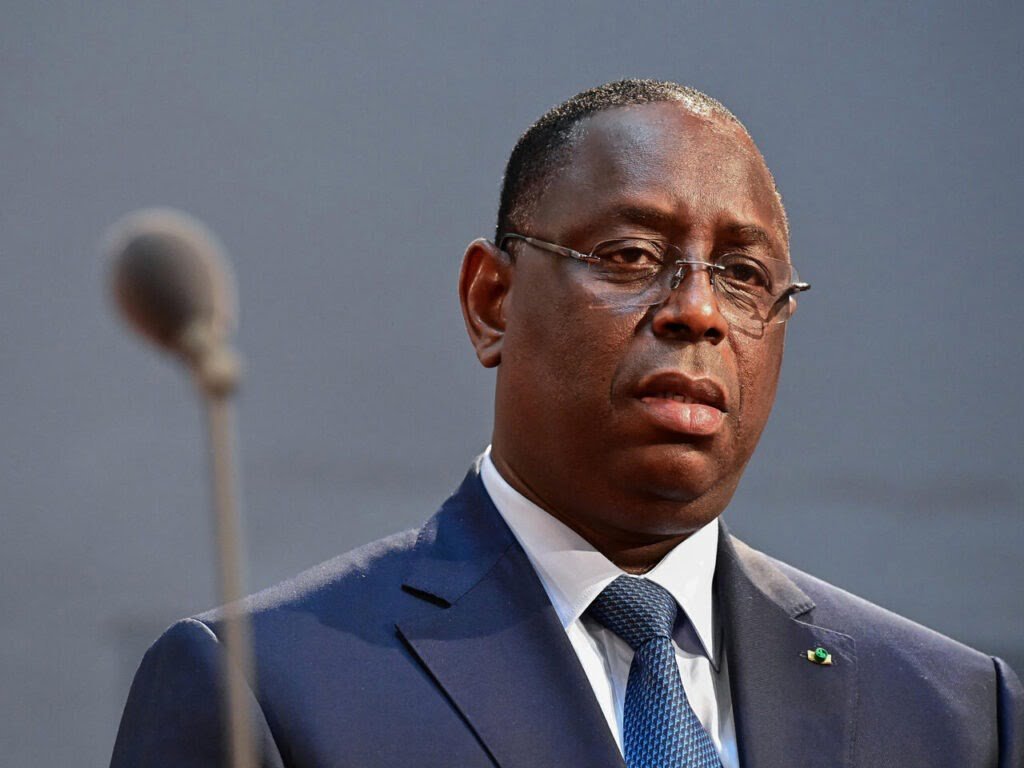
Macky Sall (Senegal)
President Macky Sall
Macky Sall is a Senegalese politician who has been President of Senegal since April 2012.
He is the son of Abdoulaye Sall, a former Mayor of Thiès and later Secretary General of the Socialist Party (PS) from 1988 to 1990, and his wife Thérèse Faye.
Macky Sall studied at the National School of Administration in Paris, France, where he graduated with a degree in public law.
Upon the completion of his studies, he returned to Senegal and began working as an Inspector at the Ministry for Urban Planning in 1972.
In 1974, he entered politics by joining his father’s party (the PS). He served as an advisor on urban planning before being elected mayor of Dakar in 2001.

Cyril Ramaphosa (South Africa)
The former trade unionist and businessman was elected as the President of South Africa in 2019. Cyril Ramaphosa was born on 17 November 1952, in Johannesburg.
He is a member of the African National Congress (ANC) political party and held several leadership positions within it including Secretary-General.
Before becoming president, Ramaphosa served as Deputy President under Jacob Zuma between 2014-2018.
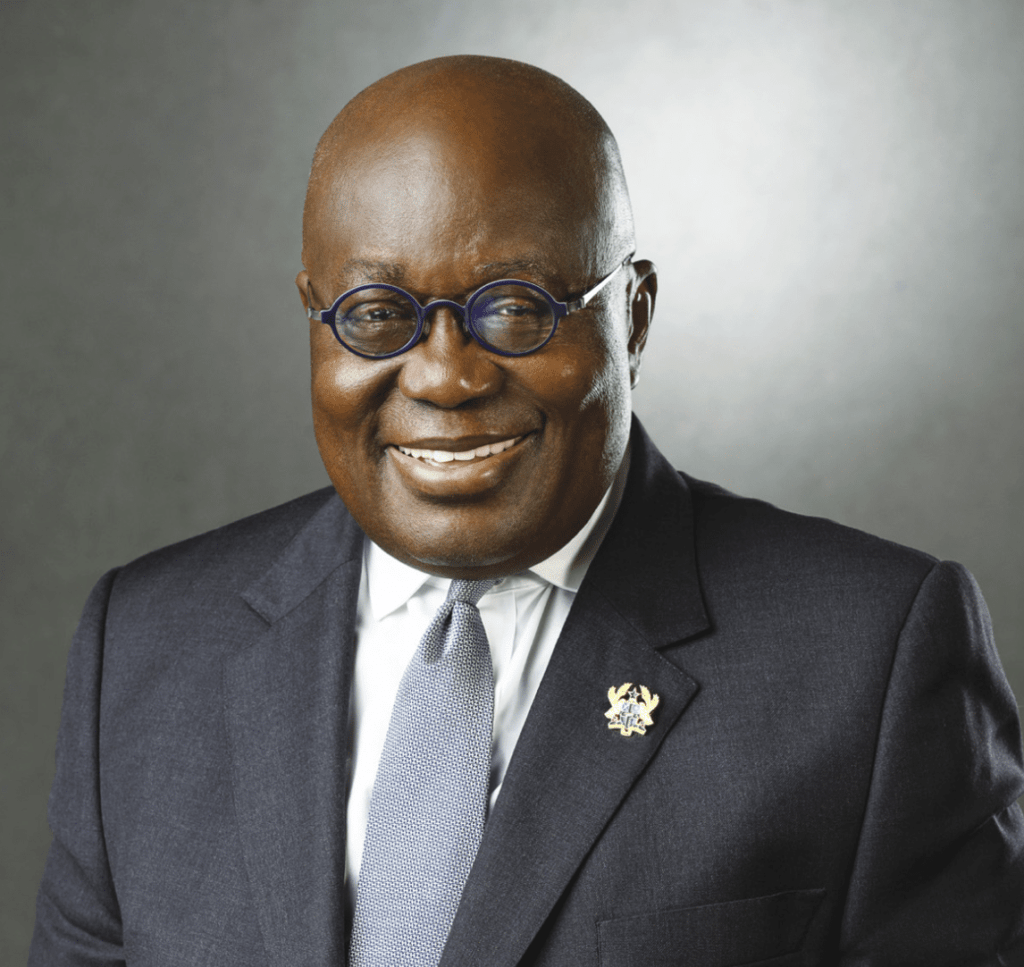
Nana Akufo-Addo (Ghana)
Nana Akufo-Addo was elected president of Ghana in 2016. He is the first president of Ghana to be elected by popular vote.
Also Read Richest Nigerian Politicians: Top 7 Richest Politicians In Nigeria
Nana Akufo-Addo is a member of the New Patriotic Party (NPP).
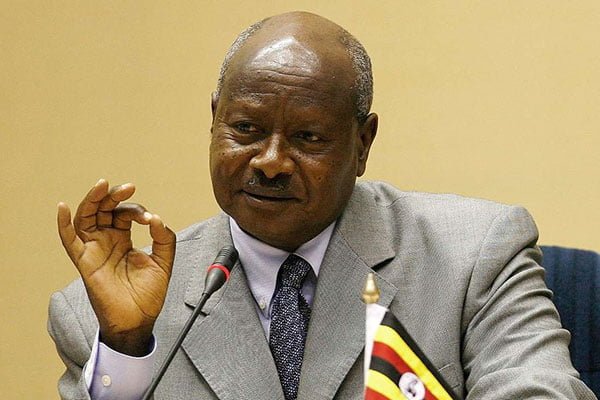
Yoweri Museveni (Uganda)
Yoweri Museveni has been in power since 1986 and has been re-elected by popular vote three times.
He has been criticized by human rights groups for his alleged rigging of elections.
However, he is not a member of the African Union because they believe that Uganda failed to meet its criteria for membership when it was last considered.
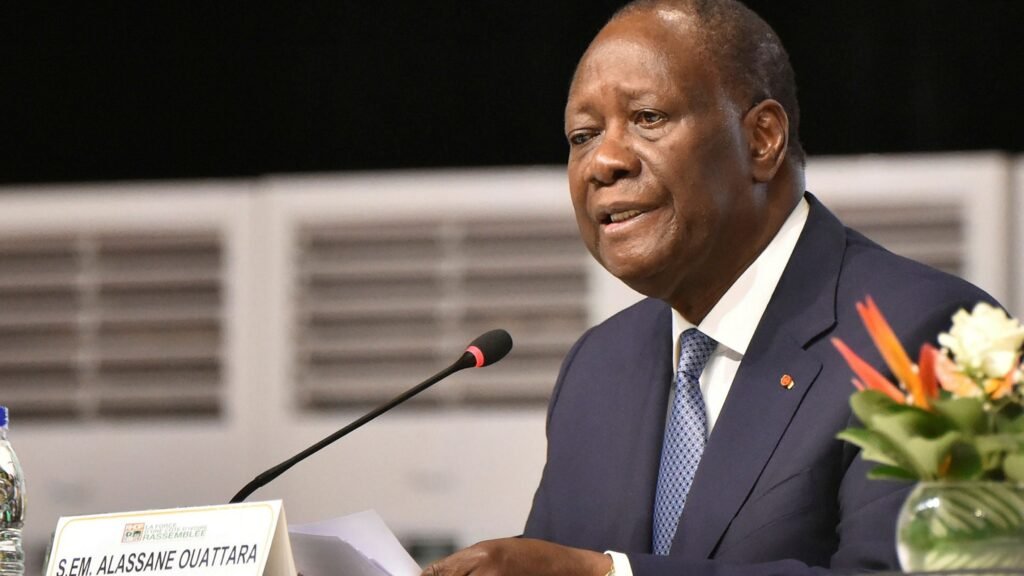
Alassane Ouattara (Ivory Coast)
Alassane Ouattara is the current President of Ivory Coast. He was elected in the 2010 presidential election and re-elected in the 2016 presidential election.
Ouattara was born on September 18, 1952, in Gaoua, Burkina Faso (then Upper Volta). He studied at the University of Dakar and the Institut d’Etudes Politiques de Paris (Sciences Po).
He then returned to West Africa and worked as an economist until he joined politics as a member of parliament with Cote d’Ivoire’s main opposition party.
In 1999, he became prime minister under Henri Konan Bédié but resigned after two years due to differences with Bedié over economic reforms.
Ouattara was also the defense minister briefly during that period.
Ouattara ran for president against Laurent Gbagbo in November 2010 elections that were boycotted by several political parties including Gbagbo’s Ivorian Popular Front (FPI).
The political crisis ended after months of violence when French forces intervened on behalf of pro-Ouattara rebels who had been battling government troops loyal to Gbagbo since late 2010.
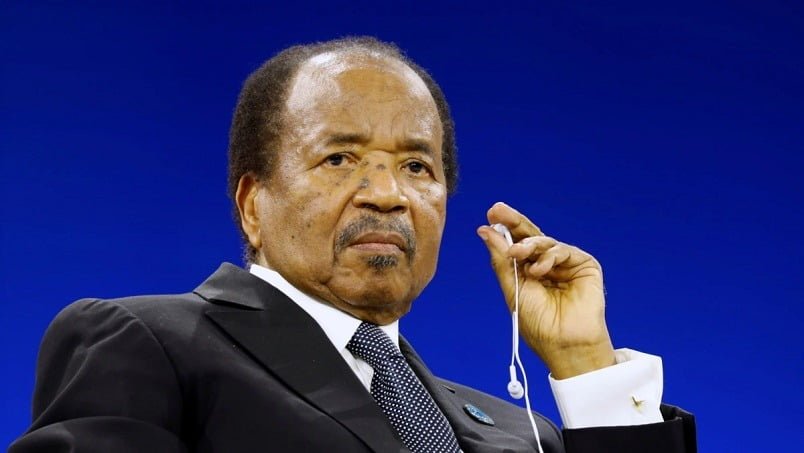
Paul Biya (Cameroon)
Biya has been the President of Cameroon since 1982 when he won his first election with 90% of the vote.
Since then, he has won seven elections and was re-elected in 2011 to extend his term until 2018. He is now serving his fifth consecutive term as president.
Biya is currently the second longest-serving head of state in Africa (behind Mugabe) and the longest-serving president in Africa (ahead of Mandela).
As one of Africa’s most powerful presidents, Biya has been able to keep control over the country for 36 years.
However, many people see this as undemocratic since he never leaves office even though there are term limits mandated by law that prevent him from running again after 2023.”

Faure Gnassingbé (Togo)
President: Faure Gnassingbé
Presidential Term: 2020-2024
Date of Birth: June 29, 1955
Place of Birth: Lomé, Togo
Relationship Status: Married to Chantal Biya (m. 2017)
Children: Four children.
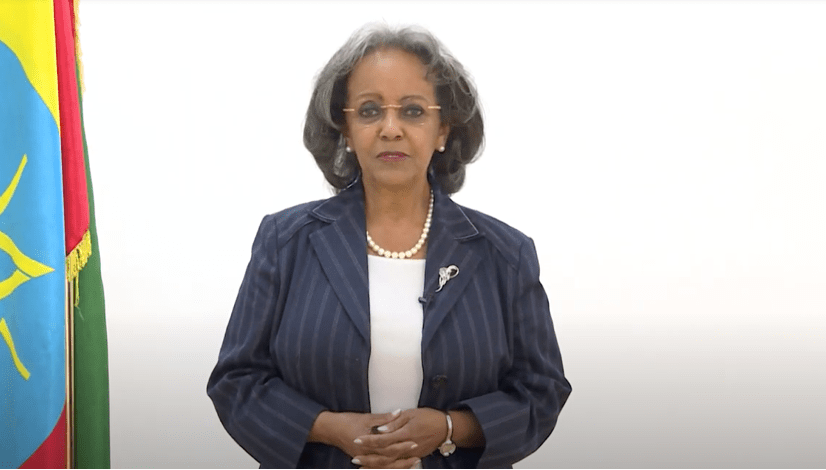
Sahle-Work Zewde (Ethiopia)
Ethiopia is a country in Africa that has a population of over 100 million people. It is a constitutional monarchy and a federal republic.
Ethiopia is one of the three countries that make up the Horn of Africa, which includes Djibouti and Somalia.
Ethiopia is also a member of the African Union (AU) as well as other organizations such as the United Nations Economic Commission for Africa (UNECA).
Ethiopia’s history goes back thousands of years and can be traced from biblical times through its current political structure, which was formed in 1991 after Ethiopia became an independent nation following decades under communist rule.
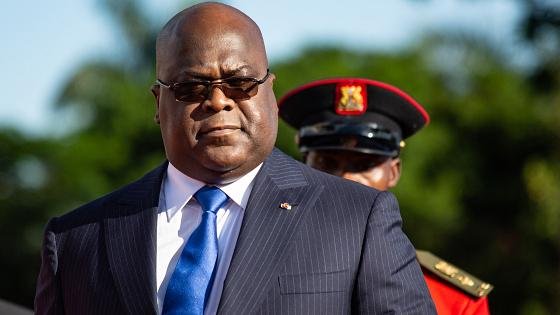
Felix Tshisekedi (Democratic Republic of the Congo)
Felix Tshisekedi is the son of the late former President Laurent Kabila and has been elected President of the Democratic Republic of Congo.
He is also a member of the Pan-African Parliament and African Union, which means he will have some influence over where they go in Africa.
As a leader, he has promised to fight corruption and improve his country’s economy after years of unrest.
Some African Presidents are more powerful than others.
You might be surprised to learn that not all African presidents are equally powerful.
Some have more power than others, and some even have more power than the presidents of other countries.
For example, the president of Zimbabwe is more powerful than his predecessor and more powerful than the president of any other country besides Nigeria.
Conclusion
If you are looking for a balanced government, then you should consider the Presidents above. Most of them have been ruling for a long time and are experienced.

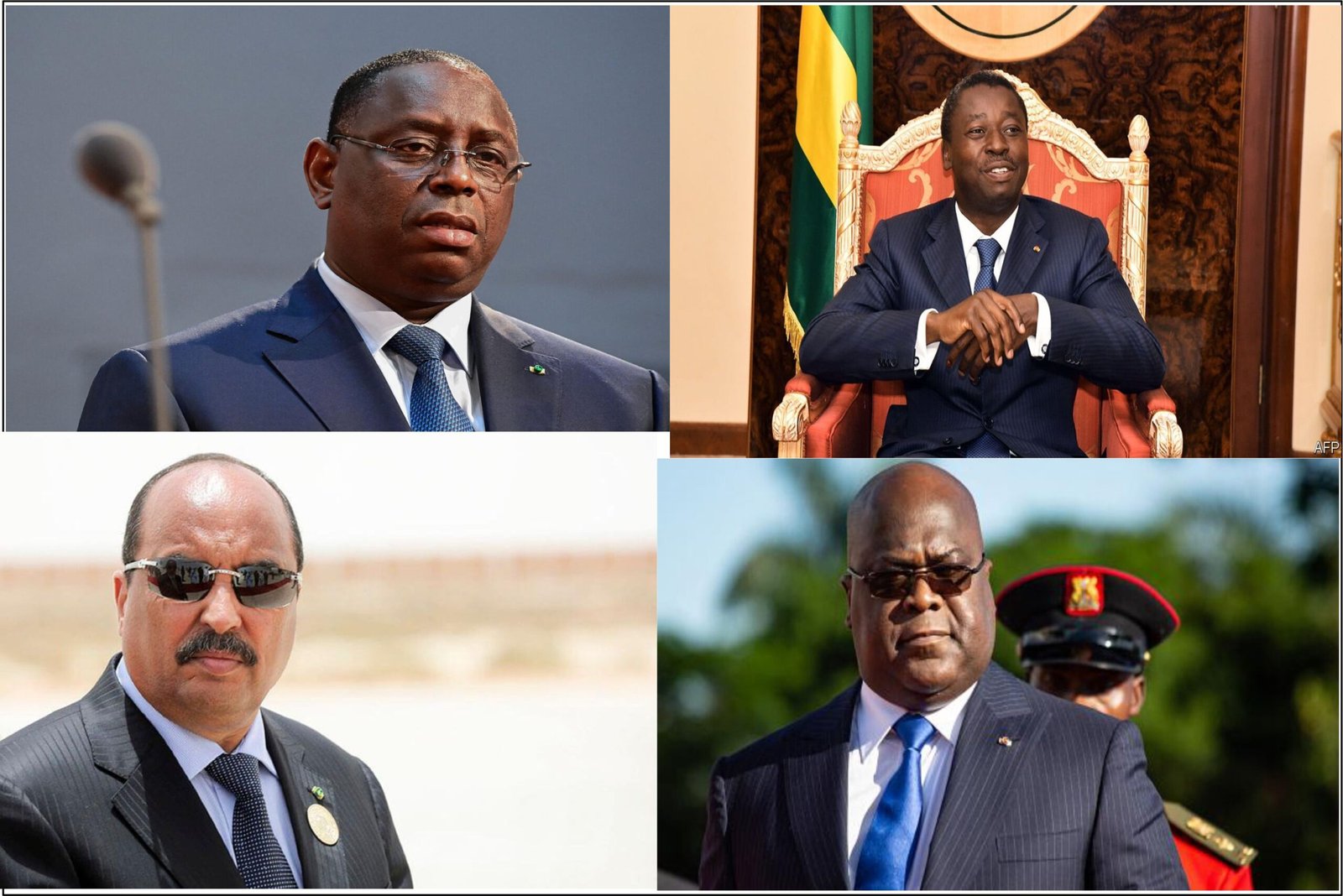




lier where is president PAUL KAGAME
Who told you ugandan president is not a member of AU when last elections they supported his presidency? Who writes this nonsense??
To the comment above ..paul kagame is nothing.. everything he knows he learnt from Museveni in uganda. Hes a ugandan product like it or not